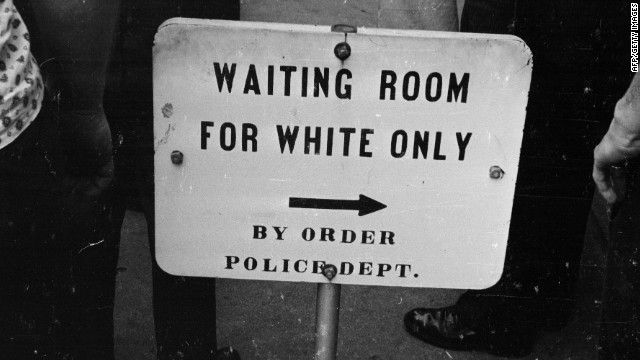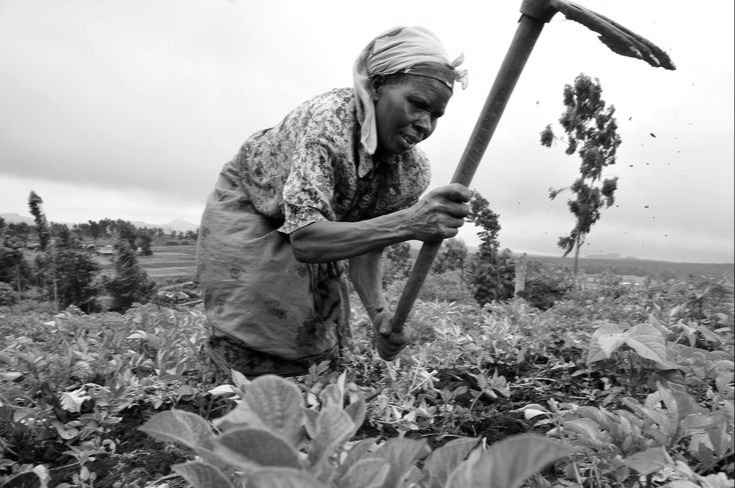Struggle. What Struggle?
Today I met up with an old colleague. My mentor in the struggle. You see there was Prof Sam (a post for another day) and there was Mercia Andrews. A struggle stalwart. There are many movements in our region, the liberation movement, the trade union movement, the women's movement, and many others. Mercia has at some point been active in all these movements.
You may ask, what is the struggle all about? We have come a long way, my dear. Life was not like this before. Before 1980 we were second-class citizens. There were places where we could not go. We could not vote for our leaders. There were opportunities we could not pursue until the advent of liberation movements. Across Southern Africa, liberation movements played an important role in the struggle against colonialism. Alongside the struggle for liberation from colonialism there emerged other movements around issues of workers' rights, women's emancipation, and land rights.

Some of us because of age missed out on participating in the liberation movement. However, that is not an excuse for not plugging into the ongoing struggles. Mercia reminded me of some of the struggles I have been a part of and (embarrassingly) had vacated from. Sam and Mercia immersed me in the land movements. I crisscrossed the sub-region and the Americas with Mercia trying to understand mobilizations for land. In the process, we were trying to understand the Zimbabwe moment given its convulsions and contestations. As we were building upon the momentum ignited by the land movement we had to quickly pivot to rural women's struggles. You see Dali the conditions of women in the rural areas are that of subordination to men. We have seen some changes but not enough has been done in that area. As we were still struggling with all these seemingly big issues, we realized that there are factors negatively affecting rural life.

For years we have been told that the challenges to do with agriculture are because of the backward methods we use. The prescription was to use treated seeds and increase the use of fertilizer. That sounds about right. But sadly, that has locked smallholders into monopoly markets. Only 8 or so companies control the global seed and fertilizer value chains. We are at the mercy of these companies. Yet it was not so in the past. We used to have community seed banks and organic manure. We used to exchange our seeds usually for free. However, 21st-century production models demand that we buy these from the few dominant companies in these value chains. I am conflicted here, Dali. I have recently entered into agriculture as a producer and the experts from the universities have swayed me with their evidence of the superiority of treated seeds and fertilizers. I then ask- are my struggle compatriots romanticizing practices of the past which are otherwise inferior to what the market is producing? Is there another way of engaging the markets?